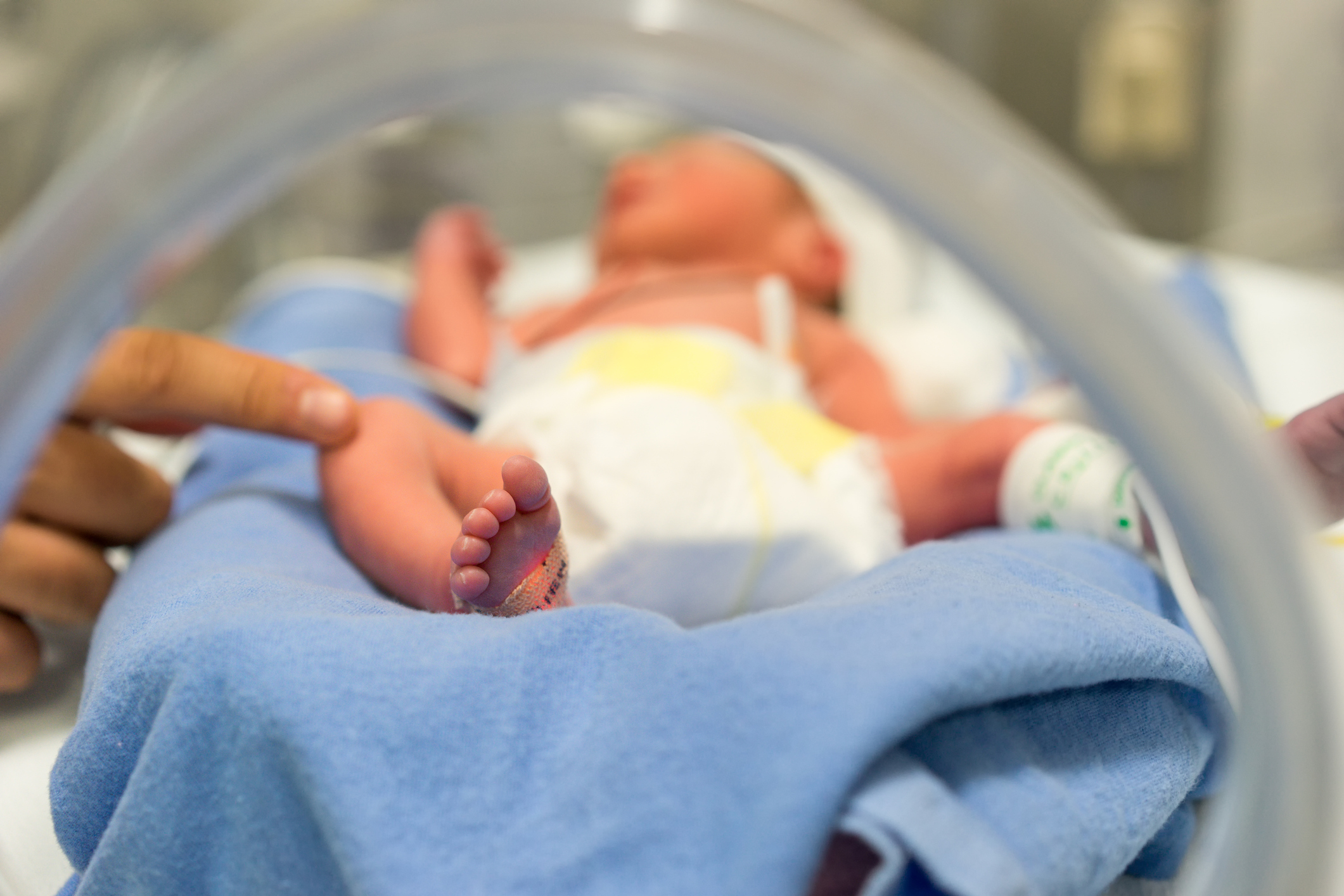
A large observational study of newborn babies with sepsis shows the impact that antimicrobial resistance (AMR) is having on this vulnerable population.
The study, led by the Global Antibiotic Research & Development Partnership (GARDP), looked at mortality, antibiotic treatments, and resistance among more than 3,200 newborns with suspected neonatal sepsis at hospitals in 11 countries and found that more than 11% died during the study period. The mortality rate ranged from 1% to as high as 27%.
The study also found that World Health Organization (WHO)-recommended first-line treatment for neonatal sepsis was used less than 13% of cases, and second-line treatments were used even less frequently. Many hospitals were using combinations of antibiotics, without much underlying data to support their use, because of high levels of resistance and multidrug resistance.
Among the antibiotics used were carbapenems and polymyxins—two broad-spectrum, last-resort classes of antibiotic that are needed for the most difficult-to-treat infections.
The authors of the study, the findings of which were released in a report today by GARDP and presented at the recent European Congress of Clinical Microbiology & Infectious Diseases (ECCMID 2022), say the data could help guide development of antibiotic treatments specifically for newborns.
20 million global cases, almost 3 million deaths
Read more...







